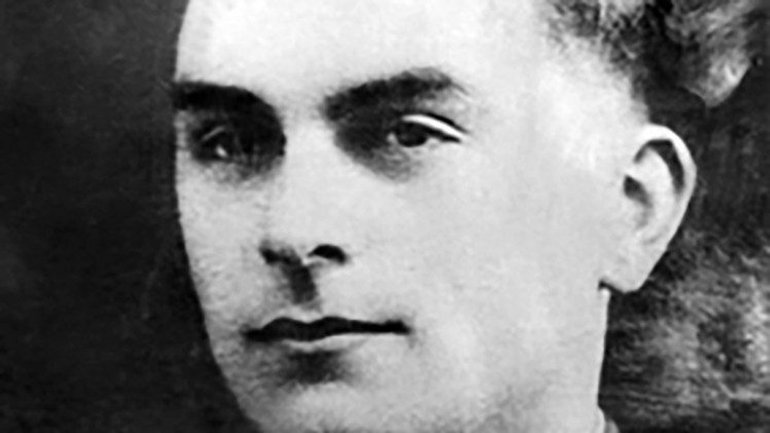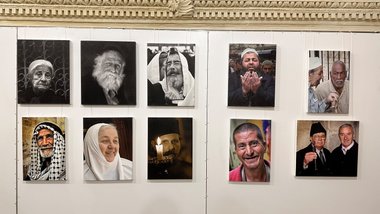Ukrainian priest martyred under the Soviet regime, to be beatified

A few hours after celebrating a clandestine Divine Liturgy, Father Petro Paolo Oros died when a pistol shot entered his chin, crossed his neck and exited his shoulder. On 28 August 1953, the Soviet communists put an end to the life of robust faith and dedication to the weakest of this priest from the Greek Catholic Eparchy of Mukachevo, Ukraine. He died in Siltse. The Pope recognised his martyrdom in Friday’s audience with the Cardinal Prefect of the Dicastery for the Causes of Saints, Marcello Semeraro. Oros will now be beatified. Together with his martyrdom, the heroic virtues of five servants of God were recognised, who thus become venerable.
Origins and vocation
Oros was born on 14 July 1917 in the Hungarian village of Biri, into a deeply Christian family. His father was a Greek Catholic priest and disappeared when Petro was 2 years old. At 9, he lost his mother. In 1937, he entered the seminary in Uzghorod, Transcarpathia, on the Ukrainian-Hungarian border. On 18 June 1942, he was ordained a celibate priest of the Greek-Catholic Eparchy of Mukachevo, Ukraine, and began his pastoral service in a number of villages as vice-parish priest, immediately making himself known for his zeal and love for the poor. In 1943, due to the war, he attended a course for military chaplains in Barca, near Košice, the capital of the region of the same name in Slovakia. He returned to his parish, which, in 1944, ended up, like the entire territory of Transcarpathia, under occupation by Soviet troops of the Red Army and united to the Ukrainian Soviet Socialist Republic, then to the USSR.
The years of persecution
With the forced annexation, the persecution of the Greek Catholic Church began. In 1946, Oros was transferred to Bilky, in the Irshava district, as a parish priest. Even then, he received pressure to transfer to the Russian Orthodox Church. Pressures that intensified in 1948. He resisted, remaining faithful to the Pope. In 1949, pastoral activities were then forbidden and all Greek Catholic churches were closed. The Eparchy Mukachevo was also suppressed.
The assassination
Father Oros lived, with awareness and courage, under the cloud of a person under suspicion, controlled by the secret services and exposed to arbitrary arrests and injustice. When, in 1949, the Greek Catholic Church was outlawed and personalities held in esteem in society systematically eliminated, the servant of God continued to clandestinely carry out his ministry. An arrest warrant against him was issued in 1953. He tried to escape, but on 28 August a policeman stopped him at the railway station in the village of Siltse and killed him. Immediately the murder was considered a martyrdom, although the priest's body remained hidden until the break-up of the Soviet Union. His memory remained impressed on the faithful and endures to this day, together with the fama signorum, the conviction of the efficacy of his intercession with God.










